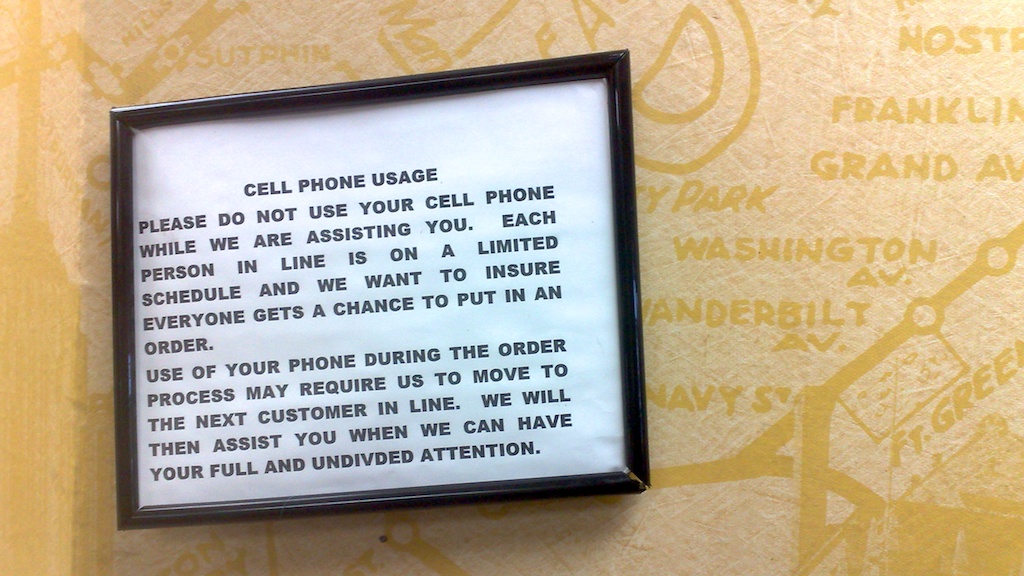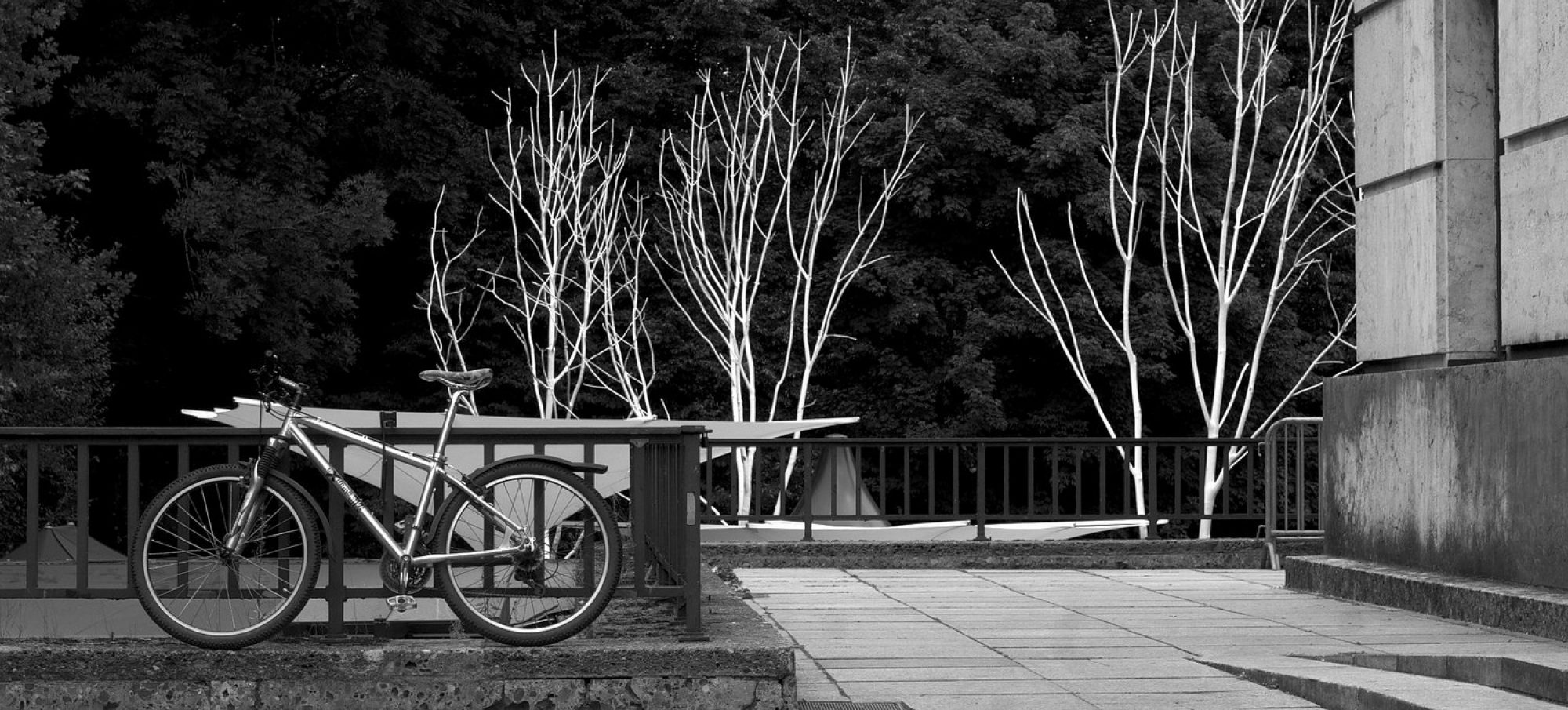I recently noticed a car with a non-smoking sign inside. It had a trillium on the side, so it was likely owned by the provincial government. My next thought was why we permit smoking in cars. I’m not here to debate whether any government should get to have a say about this, but allowing smoking seems to be politically and logically inconsistent with a certain one of Ontario’s currently-enacted laws.
More about Professor Mor Harchol-Balter's talk
Last week, I highlighted some points from Professor Mor Harchol-Balter’s talk. This week, I would like to focus on a different point she made related to the academia-industry divide.
Continue reading “More about Professor Mor Harchol-Balter's talk”
Municipal election tomorrow
Toronto’s new mayor, set of councillors, and school board trustees will determined tomorrow (or it may already have been determined if enough people voted in advance). Though I’ll be voting, I try to stay out of politics as much as possible. However, avoiding politics completely is almost impossible as practically everything is political including how many courses are required to complete an undergraduate degree to whether taxes are levied on bread. No, whenever there are groups of people, politics are unavoidable, be they household politics or diplomatic channels between nations.
Sad sign of the times
On my way back from Boston, the bus I was taking had a food stop in Syracuse. My two choices for hot food were Dunkin’ Donuts and Subway. Having tried an all-day breakfast item from Dunk’s on the way to Boston due to a long line-up at Subway and been non-plussed, I quickly made my way to the end of the queue for Subway. There, I was greeted by a plaque that seemed to capture several things that seem to be wrong about society today.

Moral victory for grey goop!
Computers have dominated humans at chess for a number of years. They’re getting better, too (although they are still completely reliant on us squishy humans for improvements). But however good they are right now, we’re not completely licked, yet, as I realized while reminiscing about one of the extracurricular events I participated in during high school.
Identifying gaps in wireless network infrastructure
About a month ago, I switched cellular service providers from Rogers to WIND Mobile. Aside from the abysmal quality of the phone or more precisely, the Android operating system, I purchased for use on the new network, the cellular network infrastructure requires some work. Indeed, WIND Mobile is well aware of this problem and has a page called Network Builder to report coverage issues. It might be better if this process could be automated.
Continue reading “Identifying gaps in wireless network infrastructure”
A town cross
Saw this at a parade on the weekend… When Jesus said, “Take up your cross and follow me,” I somehow doubt He had a U-Haul in mind.

Reconciling beliefs about psychological disorders
Mental illnesses are “real” and not just a state of mind that most people can just “get over”. Drug companies invent mental illnesses to sell more drugs. I believed and do believe both these things at the same time. Am I guilty of doublethink? I certainly thought so when I first realized I held them.
Continue reading “Reconciling beliefs about psychological disorders”
Send in the terrorists!
I’ve spent numerous summers abroad and missed Canada Day (July 1st) probably close to a dozen times. However, this year I felt particularly unpatriotic despite singing O Canada in the Union Oyster House with some random Canadians from Kingston who were in Boston for the weekend. However, after spending a few days in Boston as a tourist, I couldn’t help but become ensconced in feelings of American patriotism, feeling proud of America and its accomplishments, and a deep sympathy for its fallen heros.

Scientific reporting in the popular media
Reporting of science in popular media such as newspapers and magazines is, in general, of dubious quality. Journalists that report on science, it appears, need no understanding of science. Causation and correlation; statistical significance and knowing something for certain; hype and expectation: in the minds of many journalists, these appear to be equivalent. Can we blame them, though? Even if a scientist’s work is faithfully reported, can we expect readers to keep these things separate? Probably not, but the blame can then be placed on science education and perhaps a lack of space for an article. Approaching an article on the effectiveness of the suicide barrier on the Bloor Viaduct in the on-line version of the Globe and Mail with my low expectations, I was very pleasantly surprised to find an embedded copy of the original report. Kudos to the author, Anna Mehler Paperny, and kudos to the Globe. I hope more organizations learn from this example.
